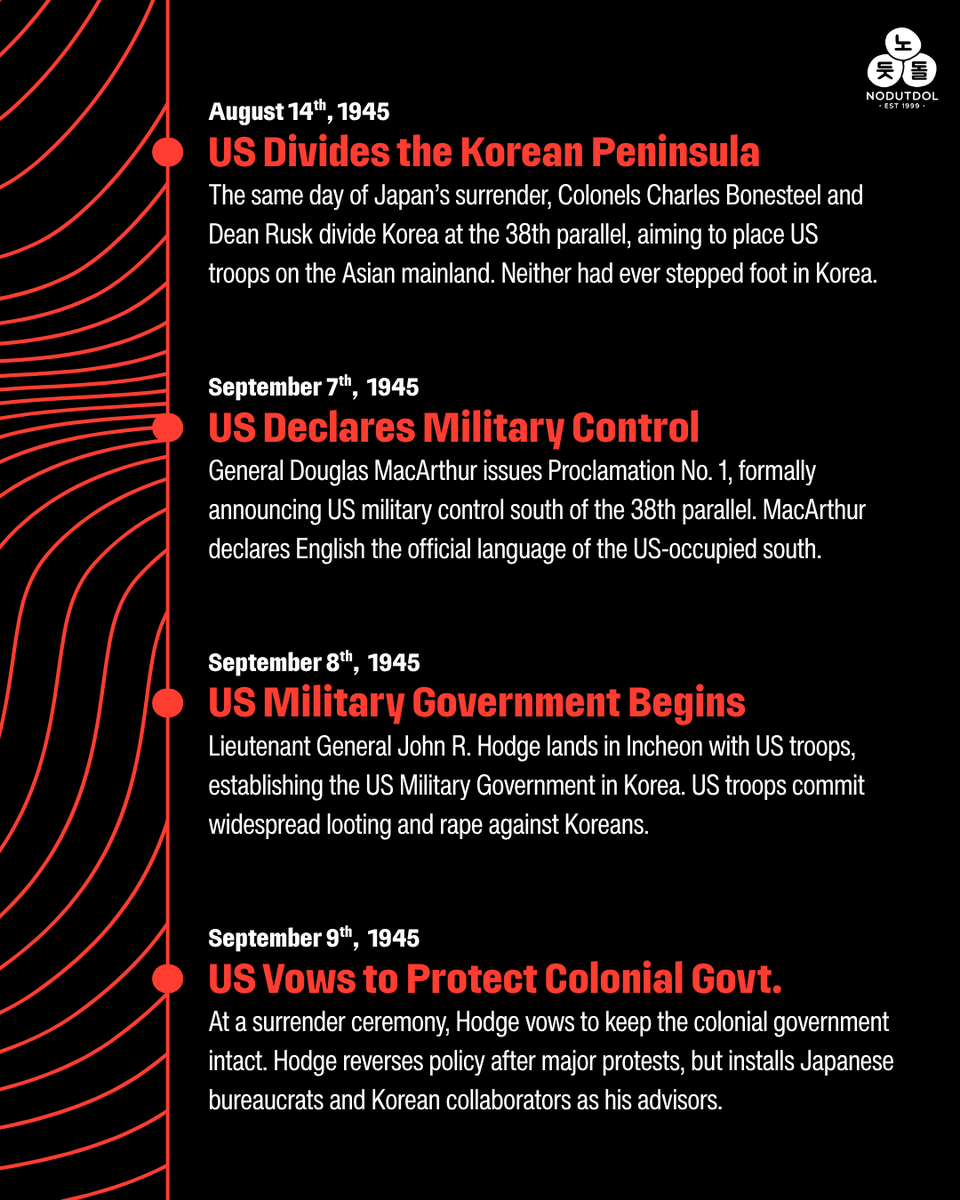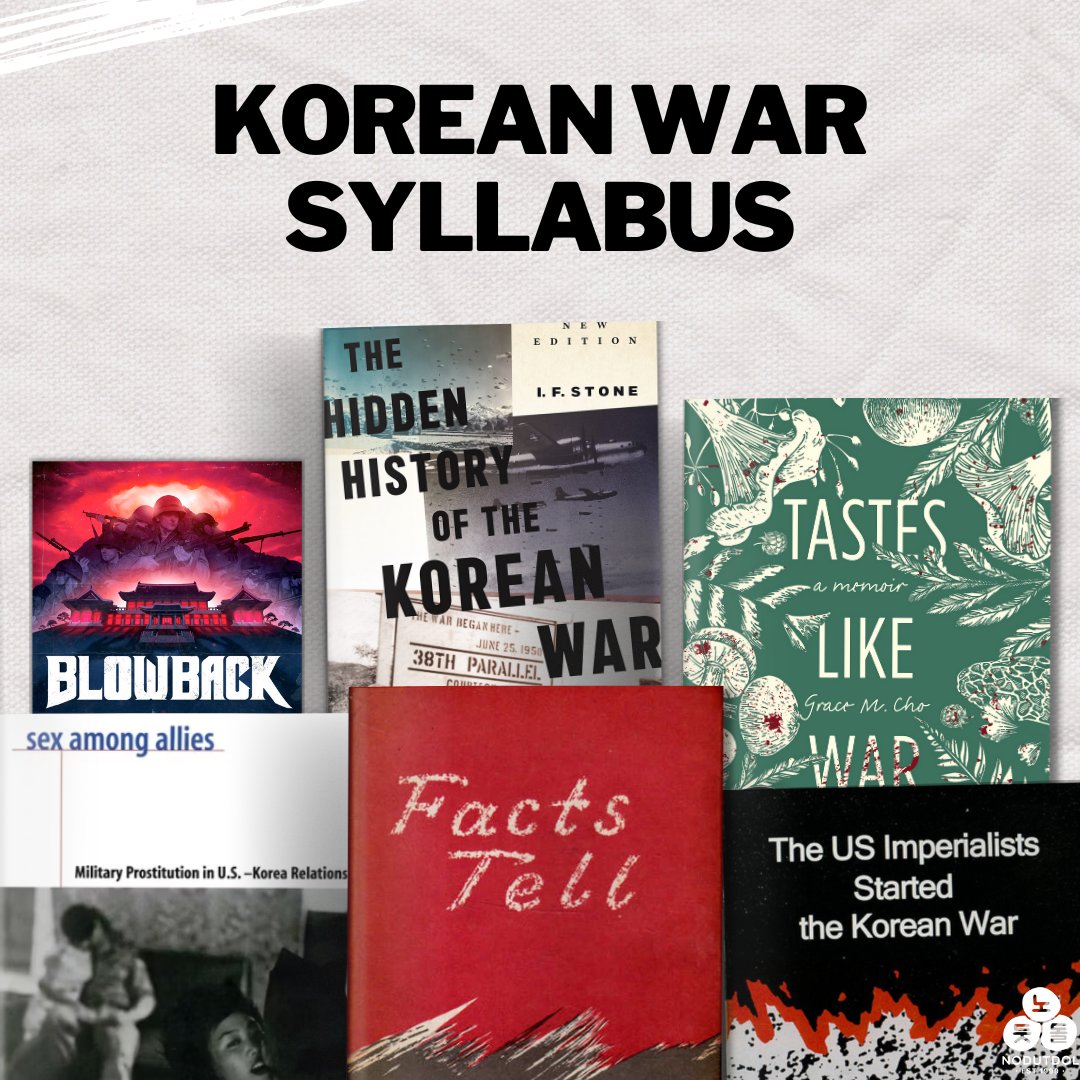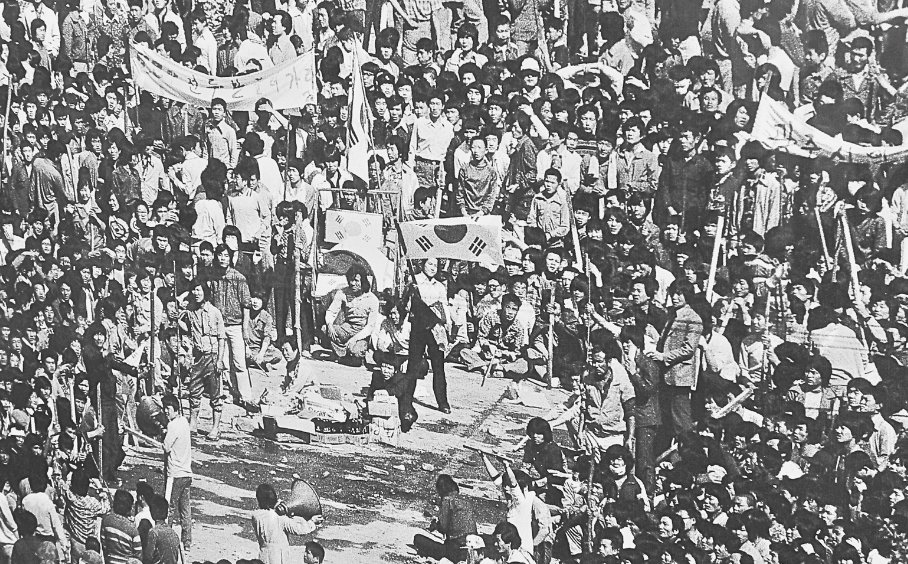THREAD 🧵
From the 1960s-1990s armed struggles for decolonization toppled apartheid & colonialism in Angola, Mozambique, Zimbabwe, Namibia, and South Africa. This is the story of the north Korea's role in supporting this fight.
Pic: A north Korean mural of Namibian independence
From the 1960s-1990s armed struggles for decolonization toppled apartheid & colonialism in Angola, Mozambique, Zimbabwe, Namibia, and South Africa. This is the story of the north Korea's role in supporting this fight.
Pic: A north Korean mural of Namibian independence

Contrary to popular belief in the west, the anti-apartheid struggle wasn’t nonviolent. Armed resistance within and beyond South Africa played a significant role in apartheid's fall.
Pic: Nelson Mandela at an Algerian FLN Army camp, where he received training in 1962
Pic: Nelson Mandela at an Algerian FLN Army camp, where he received training in 1962

Apartheid South Africa was a junior partner to imperialism in Africa. In the 1970s-80s, South Africa sponsored civil wars in socialist Angola and Mozambique, and supported the unrecognized settler colonial state of Rhodesia. South Africa had also ruled Namibia since WWI. 

South Africa's was supported behind the scenes by the US. The CIA assisted South Africa's wars, and even helped spy on Black revolutionaries in South Africa. Beyond military support, the US was also a crucial trade partner and diplomatic supporter of South Africa internationally. 

The fight against imperialism & South Africa united revolutionaries across southern Africa. North Korea joined other socialist & Third World countries in supporting this struggle, including Tanzania, Cuba, China, Guinea-Bissau, and the USSR.
Pictured: Cuban soldiers in Angola
Pictured: Cuban soldiers in Angola

Over 3,000 north Korean troops & 1,000 advisors aided Angola against South Africa and its UNITA proxies. North Korean soldiers also fought in Zimbabwe against Rhodesia, and officers went to Mozambique to aid the socialist FRELIMO.
Pic: FRELIMO's all women's brigade
Pic: FRELIMO's all women's brigade

North Korea also trained soldiers from the Zimbabwean African National Liberation Army, Namibia’s Southwest Liberation Army, and South Africa's uMkhonto we Sizwe. Some soldiers even received training in Pyongyang.
Pic: Namibian delegation to the DPRK
Pic: Namibian delegation to the DPRK

North Korea also fostered closer diplomatic and economic relations with these liberation movements. Angola, Mozambique, Namibia, and Zimbabwe all made diplomatic trips to north Korea during the 1970s and 80s.
Pic: Mozambican President Samora Machel with Kim Il-Sung
Pic: Mozambican President Samora Machel with Kim Il-Sung

Defeat abroad and insurgency at home forced the apartheid regime to negotiate a peaceful transition of power in the 1990s. Yet many people in South Africa say apartheid has not ended. Black South Africans continue to struggle against white landowners and capitalists to this day 

N Korea retains close ties with these nations. Mozambique & Angola have helped north Korea survive brutal US sanctions in contemporary times. Their historic friendship endures as an example of international solidarity.
Pic: Avs. Kim Il Sung and Mao Tse Tung in Maputo, Mozambique
Pic: Avs. Kim Il Sung and Mao Tse Tung in Maputo, Mozambique

Sources:
nknews.org/2013/12/north-…
cnbc.com/2018/07/17/nor…
mg.co.za/article/2011-1…
espionart.com/2018/08/14/nor…
mozambiquehistory.net/moz-dprk.php
politicsweb.co.za/politics/the-a…
nknews.org/2013/12/north-…
cnbc.com/2018/07/17/nor…
mg.co.za/article/2011-1…
espionart.com/2018/08/14/nor…
mozambiquehistory.net/moz-dprk.php
politicsweb.co.za/politics/the-a…
• • •
Missing some Tweet in this thread? You can try to
force a refresh























